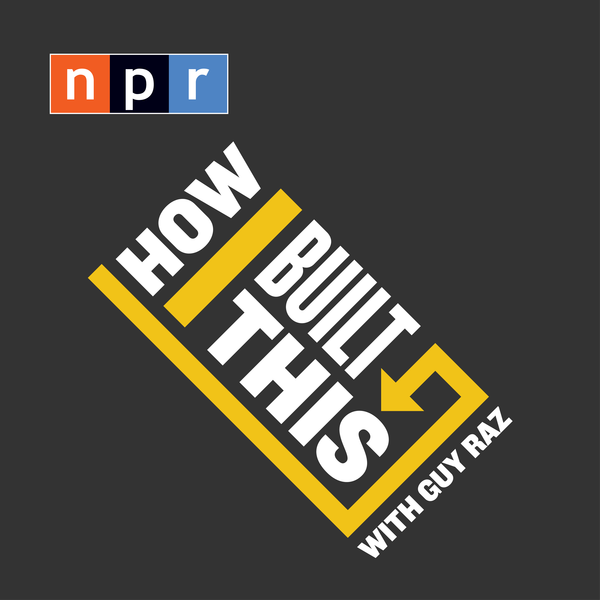Founder Lesson
I don't know where I first heard this notion, but on a monthly basis I think about the counterintuitive concept that creativity loves constraint.
On a personal level I'm a moderate procrastinator for most things. Over the years I've found that forcing myself to get 50% of the work done in a tight timeframe - something between unlimited time and not enough time - is when I'm most creative.
Here are a 5 other thoughts/examples of this concept...
1) A startup of riches. A few years ago I got to know a local entrepreneur who was in a good spot. He had just left a lucrative career (in an unrelated field), raised $750k in initial funding and was about to launch his MVP app.
Just to level-set, most startups I see at this stage - just an idea looking to get an MVP product launched - have $25-75k of cash in the bank...so this founder had 15x as much cash as the average founder that I meet.
Pretty sweet, right?
Around this time we had a half-dozen meetings over twelve months, so I was able to track his progress every couple of months. He did what most people in his position would do. He hired a big team. He outsourced major parts of the business. And he hired a particularly expensive and unnecessary senior executive. And, most importantly, he didn't evolve the product quickly...ostensibly just one pivot over a few years.
Fast-forward to today and I'm not sure that this product is even still around.
This startup would have been way better off raising $100k. This would have forced them to have a small burn (which means small team with more focused efforts) while they pivoted around to the right product.
Having a big effort (team, product, brand, etc) is just too much to shift around quickly. Big companies can do this - because they have people, existing brands and customers - but not startups looking for product-market fit.
Sidenote...you can tell a startup is losing momentum by their social channels. This particular startup quit using their social channels (eg Twitter, Instagram) over a year ago.
2) Marissa Mayer. Here's a great video where Marissa Mayer is discussing this concept. In this video she mentions an artist who prefers to start his work with a mark on the paper because it sparks creativity to build something from there...a blank page would be too much freedom. Fantastic example.
3) A current startup walking the walk. I recently met with a food delivery startup in Austin. This serial founder decided to launch a specialty food delivery startup in Austin and stay there for a long time until he got all the metrics right. Just like Facebook staying on their first college campus until 80% of the campus had tried the product and 60% were using it daily (this took 18 months btw), this founder will remain in Austin until all the metrics line-up. This takes incredible discipline.
4) Indie.vc. There’s no better organization in the country embracing these principles than Indie.vc. They are evangelizing the notion that startups should become real businesses first (by becoming profitable) on their way to potentially being high-growth. I would encourage everyone to keep an eye on them to learn more about their philosophy. I find that startups can't know their growth trajectory at the beginning, so having more options is always better.
5) Wikipedia (this podcast). In this podcast Jimmy Wales, the founder of Wikipedia, explains his thoughts on this concept. He says that had Wikipedia had lots of cash at the beginning then he would have thrown bodies and cash at all the problems instead of solving them in a sustainable way. In other words, Wikipedia might have failed simply because of too many resources.
If you are a founder then you likely believe that more money, more time, more people, etc will increase your odds of success. I believe that - more often than not - these factors can do more harm than good.
I believe the factors to optimize for are things like unique insight (everything starts with this), market research (to learn on other peoples dimes), strong advisors (experienced founders that you are speaking with at least monthly), talking with customers (you can't do enough of this) and validation tests.
Sidenote: If you enjoyed this post, you might like this one as well.
Get Right to the Lesson
I’d recommend listening to the entire thing, but to get right to the point go to minute 19:11 of this podcast.

Thanks to these folks for helping us all learn faster
Jimmy Wales (@jimmy_wales), founder of Wikipedia (@Wikipedia)
NPR (@NPR)
How I Built This (@HowIBuiltThis)
Guy Raz (@guyraz)
Please let me and others know what you think about this topic
Email me privately at dave@switchyards.com or let's discuss publicly at @davempayne.
The best startup advice from experienced founders...one real-world lesson at a time.
